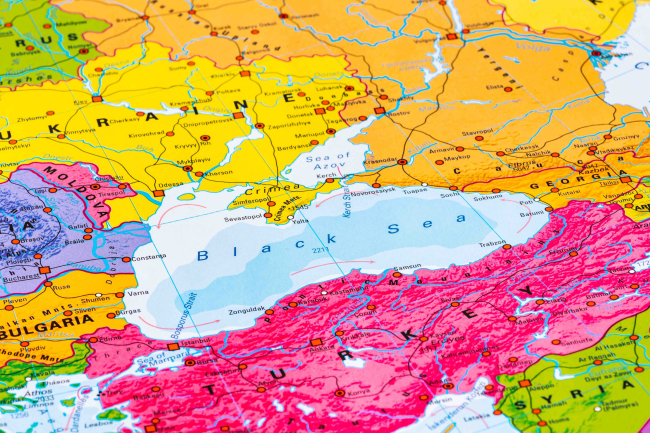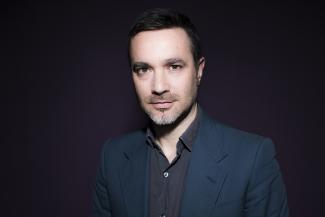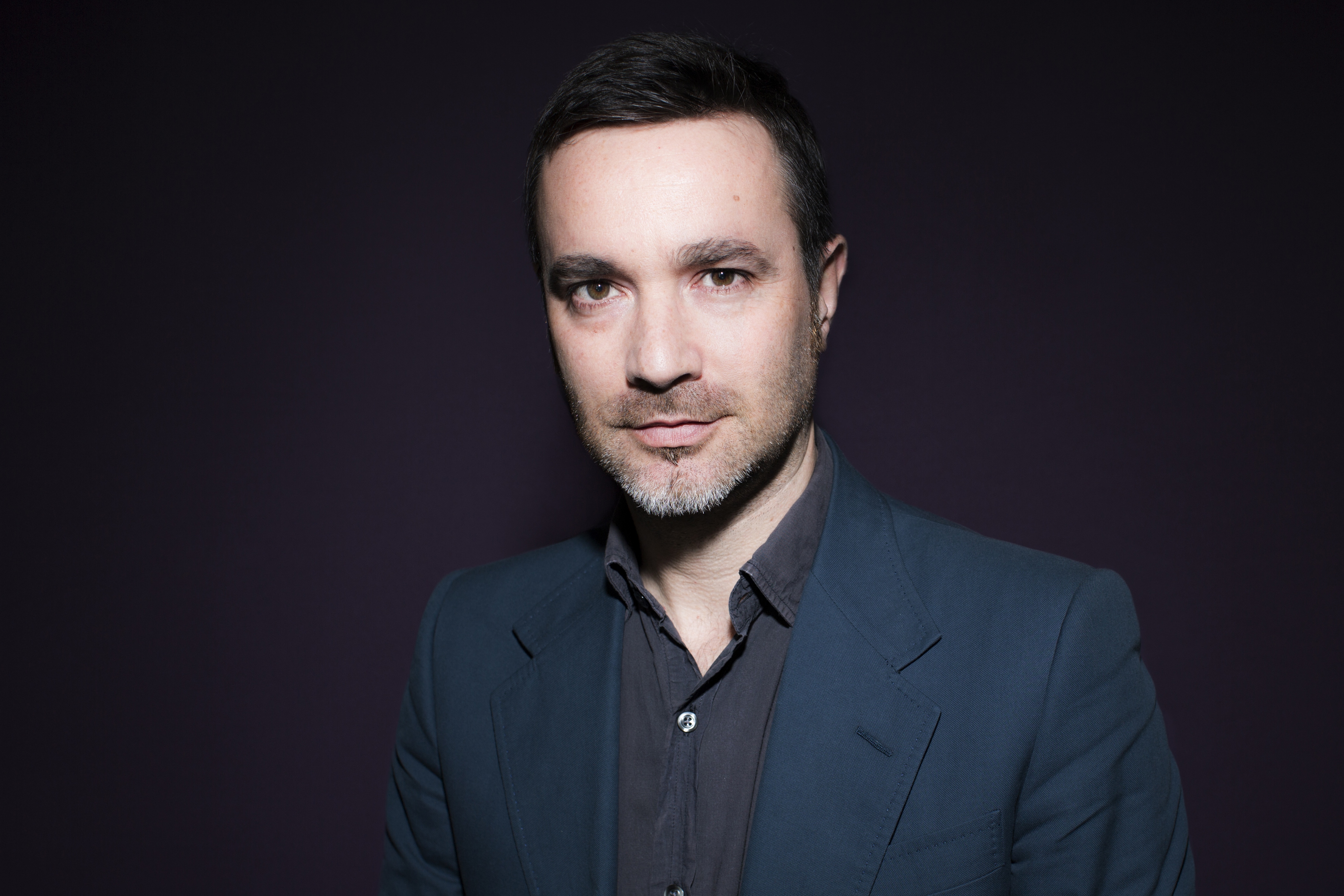Family Reunion, Regularisation, Co-Development: Is the "European Pact on Immigration and Asylum" still useful?

Practical information
Conference with Thomas Huddleston, Policy Analyst, Migration Policy Group, and Henry Marti-Gauquié, Director, Liaison with International Organizations, European Investment Bank Group Representative in Paris. Chaired : Christophe Bertossi, Senior Research Fellow, Head of the "Migrations, Identities, Citizenship" at Ifri.
The "European Pact on Immigration and Asylum" was adopted by the European Council at the end of the French EU Presidency in October 2008. By then, it was conceived by European leaders as the solution to the problems of a European migration policy. Only few months later, it seems that this Pact is not really viewed anymore as an actual basis for the future of common migration policies in Europe. While the "The Hague Programme" is ending in 2009, the European Commission is now finalising the next pluri-annual policy programme that will be presented under the Swedish Presidency (called "Stockholm Programme"). In this context, what is the usefulness of the French Presidency's European Pact? Can it be seen as a founding framework for the future of European migration policies? Was it merely a tool of political communication? These questions are addressed from a threefold perspective: family reunion policies; policies to address irregular migrants; co-development.
Speakers
Other events

Affirming European Security in Ukraine and the Black Sea Region
European security has been challenged in 2022 with the full-fledged invasion of Ukraine by the Russian Federation.

Post-war Europe: How to Redefine a Security Architecture Within a New Transatlantic Framework?
A new European security architecture has to be built. The question is: will this happen with or without Europe? The US President, Donald Trump, who returned to the White House a little more than two months ago, and the President of the Russian Federation, Vladimir Putin, have initiated talks to put an end to the war in Ukraine, with the possibility of Ukraine ceding territory to Russia being raised.

Doing Politics in African Cities: Actors, Causes and Forms of Urban Social Mobilization
From Maputo to Nairobi and from Lagos to Dakar: recently, African cities have been the theatre of mobilizations by groups of young protesters.










